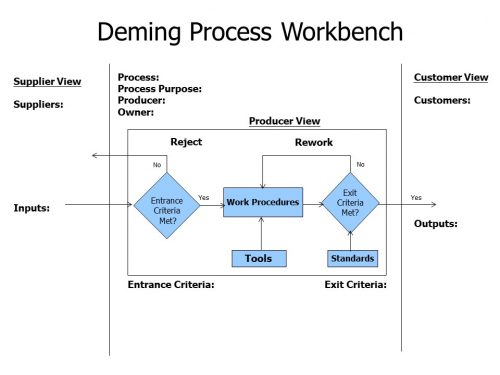Voting in the 2020 American presidential election raised the question posed by Johnny Carson’s game show “Who Do You Trust” (1957-1963). Candidate Biden was chosen based on trust in his half century track record as a political centrist opposed to his Party’s left wing agenda to promote racial, economic and environmental justice. “Follow the Science” on the pandemic became a campaign theme to bolster trust because scientists – unlike lifetime politicians – are perceived as purveyors of truth. The campaign worked, then centrism was abandoned.
COVID 19 brought to the fore the differences between advocates of science-driven management – the premise of not just pandemic management but the entire Biden Administration agenda and competitive markets. How can producers and consumers stumble onto greater truths than scientists? Economist Adam Smith’s “invisible hand” explained how – almost a century before the naturalist, geologist and biologist Charles Darwin’s “origin”. Scientific investigations were historically the domain of idle rich like Smith and Darwin, because in addition to the need for peer review independent from political influence, they were expensive, time consuming and only infrequently produced interesting results.
Today almost-universal government funding either directly or indirectly has inevitably and irredeemable introduced bias (and sometimes worse) into science, particularly the social sciences. Political narratives feed back into the data, producing more noise .
To Tell The Truth, the Whole Truth and Nothing But the Truth
Panelists grilled witnesses on “To Tell the Truth” (1956-1968) to identify the real from fictitious characters. Economist Raj Chetty notes:
“As is the case with epidemiologists, the fundamental challenge faced by economists — and a root cause of many disagreements in the field — is our limited ability to run experiments. If we could randomize policy decisions and then observe what happens to the economy and people’s lives, we would be able to get a precise understanding of how the economy works and how to improve policy. But the practical and ethical costs of such experiments preclude this sort of approach.”
Hence economists, like virologists, rely on limited models to make generalizations. Virologists study the cellular makeup of a virus to explain pandemics. Economists study discrimination to reach a generalized truth about systemic racism, or financial panics to understand contagion. Physicists search for sub-atomic Higgs Boson particles to explain the origins and workings of the universe(s).
Witnesses in American court rooms on Perry Mason (1957-1966) swore to tell “the whole truth and nothing but the truth” under penalty of law. Scientific truth is a building block. Economists can then apply their tools, e.g., cost benefit, present value, probability, value of life, etc. to various alternatives to determine the whole truth and develop policies that are in the “public interest.”
But economists and politicians don’t take that oath. 95% of social scientists and historians identified as liberal/democratic, a bias toward progressive political action. The word “policy” derives from the Greek word for politics which is generally not aligned with the public interest.
Historians are even more liberal than economists, but most object to the 1619 Project. It’s not the income inequality caused by market capitalism, but government favoritism that’s unjust. Environmentalists use limited anti-capitalist models to produce seriously sub-optimal policy recommendations. This science isn’t “the whole truth and nothing but.”
Scientific certainties spanning decades or even centuries are often proven wrong with better methods and larger samples or metadata. The federal government has for a half century warned against animal fats in favor of margarine even though metadata disproved the theory in 2018. Just as virology models assume contagion due to irrational public behavior, economic models of “financial panic” assume uninformed individuals irrationally run on solvent banks; in actual fact depositors acted perfectly rational, queuing only at insolvent banks that were paying out at face value on a first come, first served basis. Large scale economic models that suffer from the bias of small scale models tend to over-estimate the benefits of political intervention and under-estimate the unseen “unintended” but predictable indirect costs.
Read more
